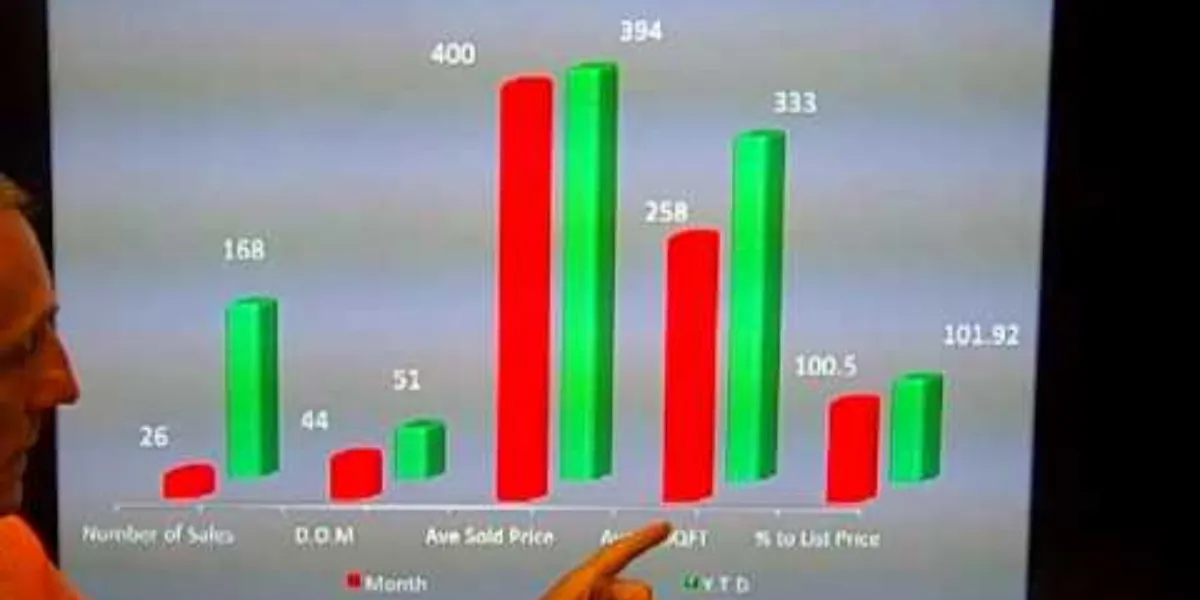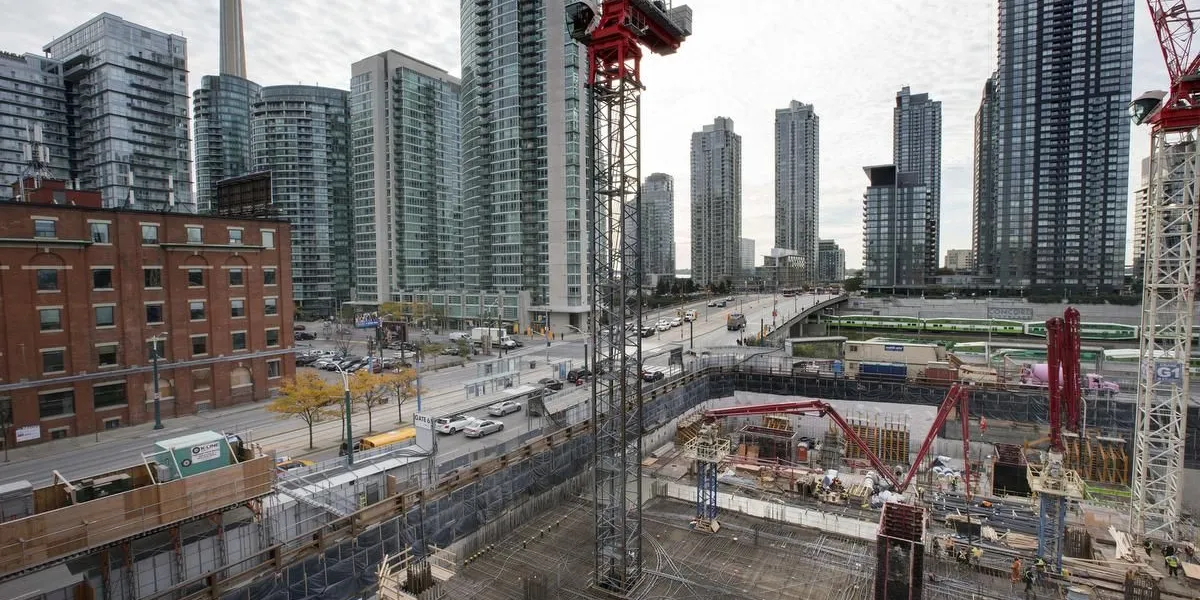Toronto Condo Prices Soar; Vancouver Sees Downturn The Canadian real estate landscape is witnessing contrasting trends as Toronto’s condo market skyrockets to unprecedented heights, while Vancouver’s experiences a significant downturn. Understanding these dynamics requires delving into various factors shaping each city’s housing market.
Understanding the Surge in Condo Prices in Toronto
Toronto, often dubbed Canada’s financial capital, has been experiencing a remarkable surge in condo prices. This phenomenon is primarily attributed to a combination of factors, ranging from robust demand to limited supply and favorable economic conditions.
Factors Driving Toronto Condo Prices Up

Several factors are propelling Toronto’s condo prices to record highs. The city’s growing population, fueled by both domestic migration and international immigration, is generating strong demand for housing, particularly in the condominium segment. Additionally, low-interest rates and a buoyant economy are incentivizing homebuyers and investors to enter the market.
Analyzing the Real Estate Market Trends in Toronto
Analyzing the real estate market trends in Toronto reveals a consistent pattern of price appreciation, especially in the condo sector. Despite occasional fluctuations, the overall trajectory points upwards, indicating a resilient market with enduring appeal.
Exploring the Impact of Demand on Toronto Condo Prices

The relentless demand for condos in Toronto is a driving force behind the escalating prices. Urbanization, lifestyle preferences, and employment opportunities are attracting individuals and families to the city, creating a perpetual need for housing, particularly in central areas.
Supply Constraints: A Key Factor in Toronto’s Rising Condo Prices
While demand remains robust, Toronto grapples with supply constraints, particularly in the condo market. Regulatory hurdles, limited land availability, and construction delays contribute to a shortage of new units, exacerbating price pressures.
Economic Factors Contributing to Toronto Condo Market Dynamics

Economic factors such as job growth, wage levels, and consumer confidence play pivotal roles in shaping Toronto’s condo market dynamics. A strong economy, characterized by diverse industries and a thriving business environment, fosters a conducive climate for real estate investment and development.
Government Policies and Their Effect on Toronto Condo Prices

Government policies, including zoning regulations, taxation, and housing incentives, exert a significant influence on Toronto’s condo prices. Measures aimed at curbing speculation or promoting affordable housing can impact market sentiment and investment decisions.
Comparing Toronto’s Condo Market with Vancouver’s: Why the Divergence?
While Toronto’s condo market flourishes, Vancouver’s experiences a notable decline. Understanding the factors driving this divergence involves comparing key metrics such as supply-demand dynamics, economic fundamentals, and regulatory environments between the two cities.
Unraveling the Decline in Vancouver Condo Prices

Vancouver’s condo market faces headwinds, with prices witnessing a downward trajectory in recent months. Factors such as oversupply, cooling demand, and affordability concerns contribute to this decline, prompting a reassessment of market fundamentals.
Implications of Vancouver’s Falling Condo Market
The implications of Vancouver’s falling condo market extend beyond real estate to broader economic and social spheres. Lower property values can affect homeowner equity, consumer spending, and municipal revenues, highlighting the interconnectedness of housing markets with the overall economy.
Investor Sentiment and Speculation in Toronto’s Condo Market
Investor sentiment and speculation play significant roles in shaping Toronto’s condo market dynamics. While speculative activity can contribute to short-term price volatility, it also reflects investor confidence in the city’s long-term growth prospects.
Strategies for Navigating Toronto’s High-Condo Price Environment

Navigating Toronto’s high-condo price environment requires strategic thinking and informed decision-making. Prospective buyers, sellers, and investors should assess market conditions, leverage professional advice, and consider long-term investment objectives to optimize their real estate transactions.
Outlook for Toronto and Vancouver Condo Markets
Toronto’s condo market continues to defy expectations, reaching unprecedented highs driven by strong demand and supply constraints. In contrast, Vancouver grapples with declining prices amid supply surpluses and cooling demand. While each city faces unique challenges, understanding the underlying dynamics is essential for navigating these evolving real estate landscapes.
Click here for more visited Posts!




